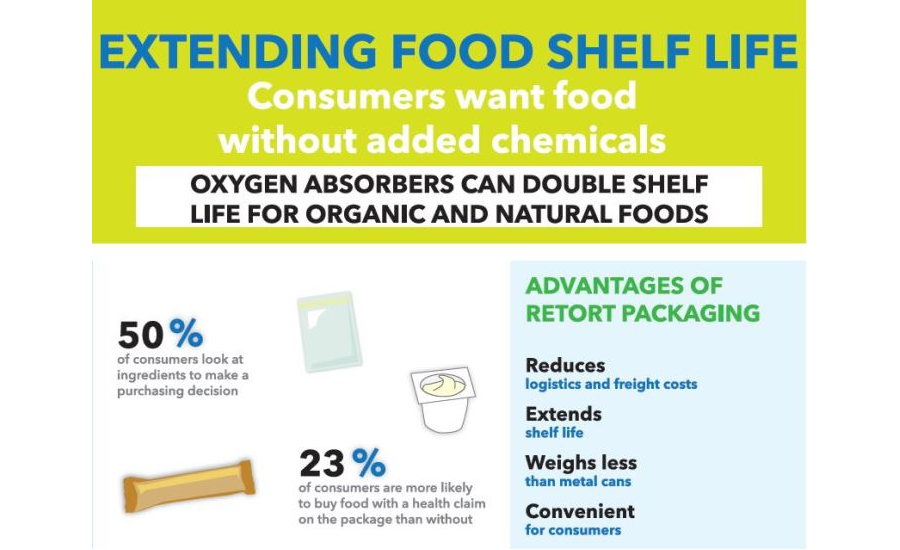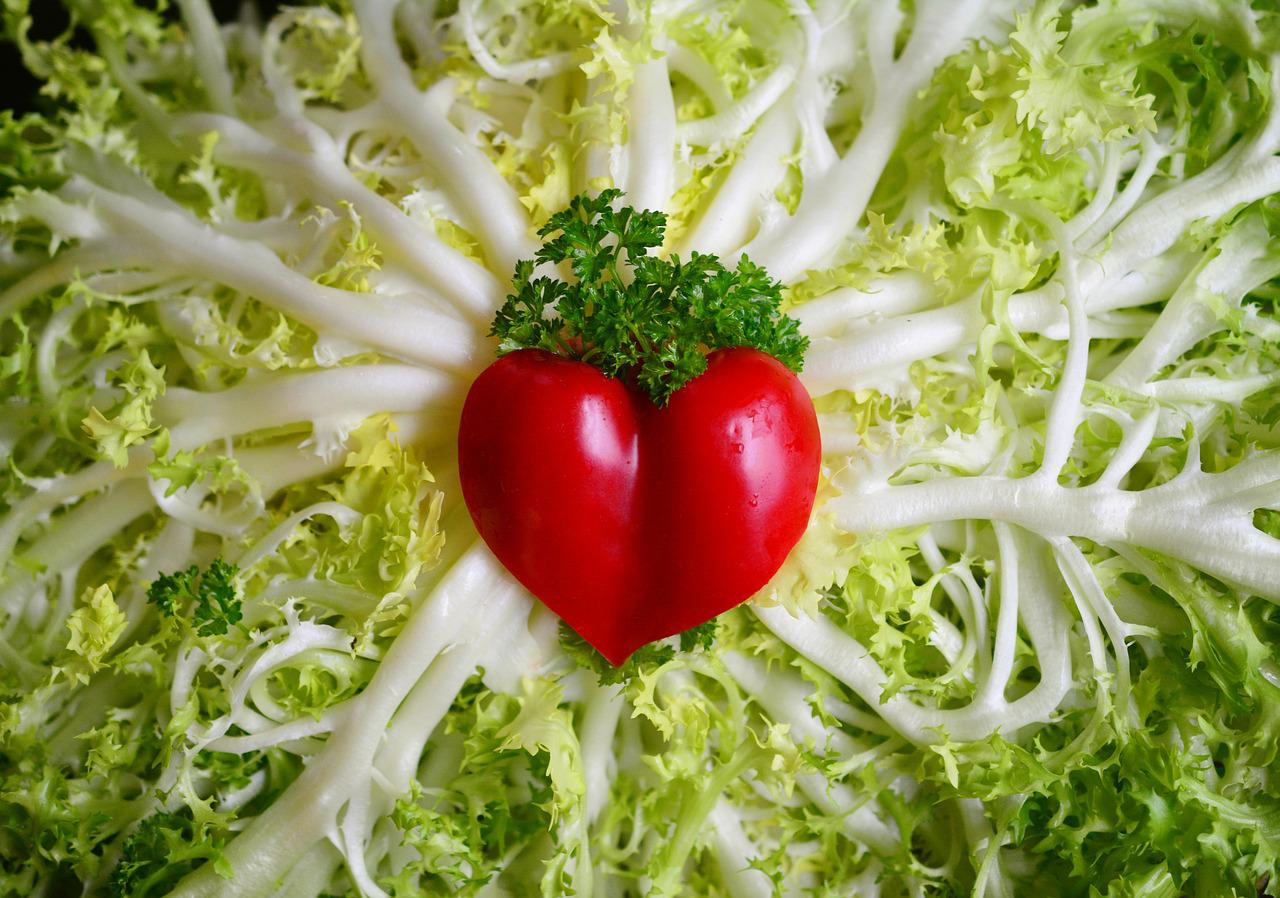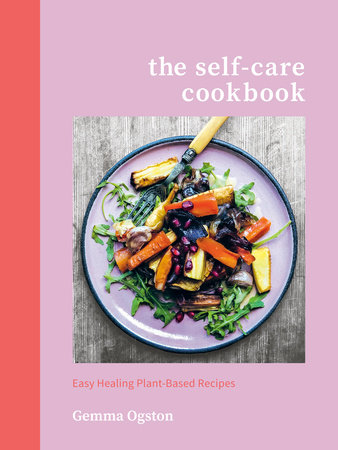
There are three main types for cardiovascular disease prevention: primordial, secondary and secondary. Although each of these elements has the same components, the starting point and effects are different. Preventive measures will be most effective if patients are aware of their risk factors and can create a customized plan. Your goal is to lower your risk of developing cardiovascular problems and live an extended and healthy life. Continue reading to learn how to prevent heart attack. This article examines the various types and treatments for cardiovascular diseases.
First, you should focus on a healthy diet. A heart-friendly diet is one that is high in fiber, low in salt, and rich in vitamins and minerals. Next, eliminate all processed foods such as white bread and snack products. These foods are not good for your heart, unless they have high fiber content. You can also avoid fast-food and packaged snacks. Don't reach for the salt shaker. Too much sodium in your body can increase the risk of developing cardiovascular diseases.

You should eat healthy and exercise regularly. Experts recommend 150 mins of moderate exercise per semaine - approximately 20 minutes per days - along with a variety of low-calorie food options. Regular exercise is a great way to lower blood pressure. It can also prevent heart disease. It can also prevent heart disease by practicing mindfulness and managing your stress. It's easier than you might think to change your lifestyle.
A healthy diet can reduce your risk of heart disease and reduce the severity of your heart attack. A diet high in fruits, vegetables and other healthy foods can reduce your chance of getting the disease. Also, beans and low-fat protein may lower your risk. Certain fish are also high in omega-3 fatty acids, which may help you reduce your risks of cardiovascular disease. Start incorporating these techniques into your daily routine if you have the opportunity.
Smoking is a significant risk factor for developing heart disease. Smoking is a major risk factor for heart disease. It's best to stop smoking. You should stop smoking. Your heart health is better if you don't smoke as many cigarettes as possible. Secondhand smoke is also a good way to reduce your chance of developing coronary heart disease. It is important to stop smoking if you are a smoker. This will reduce your risk of heart disease.

Heart disease prevention is a lifelong endeavor. Although it can be difficult to spot, heart disease can increase your risk of developing serious conditions such as heart failure. It is crucial to take steps to lower the risk of developing heart disease. You can reduce your risk of developing this disease by adopting healthy lifestyle habits. This will ensure that you live a long and happy life. The more you do, the healthier you'll be.
FAQ
Is it true?
Protein helps maintain healthy bones and tissue. However, too much protein can result in calcium excretion through the urine. This can lead to kidney stone formation.
It is important to remember that not all people get kidney stones from eating more than 2g protein per kilogram (2.2lbs) of body weight. High amounts of protein can be consumed by some people without causing kidney stones.
Watching your sodium intake can help prevent kidney stones. Sodium regulates the body's water balance. A high level of sodium can increase the risk of developing kidney stone.
If you have kidney stones, you can reduce your intake of protein. The majority of adults need protein for half their daily caloric needs. A reduction in protein intake will likely result in weight loss.
If you do decide to eat more protein, don't go overboard. You should aim to consume less than 20% of your total calories from protein.
What is your favorite workout to build muscle mass?
You need to perform two types of exercises when building muscle mass. These include isolation exercises and compound movements. Isolation exercises target specific muscles while compound moves focus on multiple groups at once.
You can improve your workouts by choosing exercises that challenge all major muscle groups. This ensures that you are always working hard during each session.
To keep track of what you have done, use an app called MyFitnessPal. It can track everything from calories burnt to weight lifting. You can even create customized meal plans that are based on your goals.
How To Get Rid Of Belly Fat Fast?
There are several ways to reduce belly fat fast. One option is to eat less calories and drink more water.
A second way to boost your metabolism is by running and swimming.
To quickly reduce belly fat, avoid sitting too much. Instead, get up and move around throughout the day. This will help you lose more calories.
If you have already tried all these methods but still struggle with belly fat, there is another option.
You will need a belt to do this. The belt fits around your waist and is tightened when you sit down.
As a result, you will feel uncomfortable and move around. This causes you to burn more calories, and your belly fat will decrease.
Do Men Need A Gym Membership?
For men, a gym membership is not required. You will get more value for your money if you join the gym.
Many gyms offer free trials that let you try the facilities before you pay any fees.
You can use the gym at any time you want, and it doesn't cost anything. You can cancel or modify your membership anytime you feel you don't like it.
Do I have the obligation to exercise every day or just on occasion?
No! At least 30 minutes moderate-intensity exercise five days per week is a good goal. This could be walking fast enough so you feel slightly out breath or cycling hard enough to sweat.
What's a good routine for a daily workout?
Regular exercise is essential to staying fit. No matter what kind of exercise you do, as long you do it consistently. Consistency and consistency are the keys to success. You must be consistent if you are to see results.
Begin by starting to do a little bit of physical activity each day (like walking). You can gradually increase the amount of exercise you do until you have 30 minutes each day. This could include running, cycling, swimming, weight training, yoga, or aerobics classes.
You should try to ensure that you exercise most days of the week. If you have a reason to miss a session, don't skim it.
Wear appropriate clothing and footwear when exercising outdoors. Also, consider weather conditions and how they might affect your ability or safety while exercising.
When you exercise, make sure you are drinking plenty of water. Avoid drinking alcohol during this time because it can cause dehydration. Also, avoid caffeinated drinks such as coffee, tea, and cola. These drinks may give you energy but also dehydrate your body.
At first, it's normal to feel tired after you finish your exercise routine. If you stick with your training program, you'll feel more awake and alert.
Statistics
- An estimated calorie range for moderately active adult males falls between 2,200 to 2,800 calories per day, depending on age. (eatright.org)
- Cardmembers earn 5% Back at Amazon.com with a Prime Credit Card. (amazon.com)
- Candidates and applicants must pass all four tests at 70% (minimum level) to graduate from Basic Deputy U.S. Marshal (BDUSM) Training. (usmarshals.gov)
- The PRS enabled risk stratification for overall prostate cancer and lethal disease with a four-fold difference between men in the highest and lowest quartiles (HR, 4.32; 95% confidence interval [CI], 3.16-5.89). (pubmed.ncbi.nlm.nih.gov)
- Are You One of the 20% of Guys (mh.co.za)
External Links
How To
What nutrients does a man require daily?
Men need healthy growth and development. The body needs vitamins, minerals as well as proteins, carbohydrates and fats.
You also need specific nutrients for different times in the day. When you're sleeping, your body uses energy from food for hormones, proteins, and enzymes. Protein is needed to build muscles and repair tissue damaged when you wake up.
Your body uses the night to break down fat and store extra energy as glucose. Your body requires fewer calories, but still needs enough nutrients. You can have a snack at night if you feel hungry.
Working out requires adequate carbohydrate and protein intake. If you train hard, you may experience muscle soreness after exercising.
To prevent this, you should eat carbs as well as protein within the first two hours after training. Your body will use stored glycogen to produce glucose for energy.
Also, protein must be consumed immediately after your workouts. This prevents muscle tissue from being broken down while you are sleeping.
Lactic acid is produced by the body during periods of intense exercise. Lactic acid builds up in the bloodstream and causes fatigue. This can be avoided by eating foods high in carbohydrates like fruits and vegetables.
Carbohydrates offer your body the energy it needs for recovery from exercise.
In addition, you may want to include lean meats, fish, eggs, milk, cheese, yogurt, beans, nuts, and seeds into your diet.
All of these foods have high-quality protein. Protein aids in muscle growth and repair of damaged tissues. It provides amino acids that your body needs in order to produce sexhormones and testosterone.
You also need enough dietary fats to maintain good skin, hair, nails, and joints. Healthy men should consume between 20% to 35% of their daily caloric intake from fat.
Fat is good for your heart and helps you fight cancer. It helps keep your brain working properly.
You can get most of the fat you need from vegetable oils like olive oil, sunflower oil, corn oil, soybean oil, peanut oil, and safflower oil.
These oils are high in monounsaturated fatty acids (MUFAs). MUFAs help lower cholesterol and reduce inflammation. They protect cells against damage from free radicals.
Saturated fats (SFAs) are found mostly in animal products like meat, dairy products, and butter. SFAs increase LDL ("bad") cholesterol, and increase triglycerides. They are also good for weight loss and belly fat.
Polyunsaturated oils (PUFAs), are found in plant-based foods like nuts, seeds and vegetable oils. PUFAs are good for your heart health and help to reduce inflammation. They also help control blood sugar and cholesterol.
Low HDL ("good") cholesterol can lead to erectile problems in men. Saturated fats are a major source of bad cholesterol. This lowers good cholesterol.
Men who eat lots of red meat or pork can develop prostate problems. This is because these foods contain high amounts of nitrates. High temperatures can cause nitrates to become nitrosamines. These compounds can cause cancer.
Most processed meats have nitrites and harmful chemicals. These chemicals should be avoided.
The American Heart Association recommends eating no more than 2 servings of red meat per week. Instead, opt for poultry, fish, legumes and tofu as well as whole grains bread and cereals.